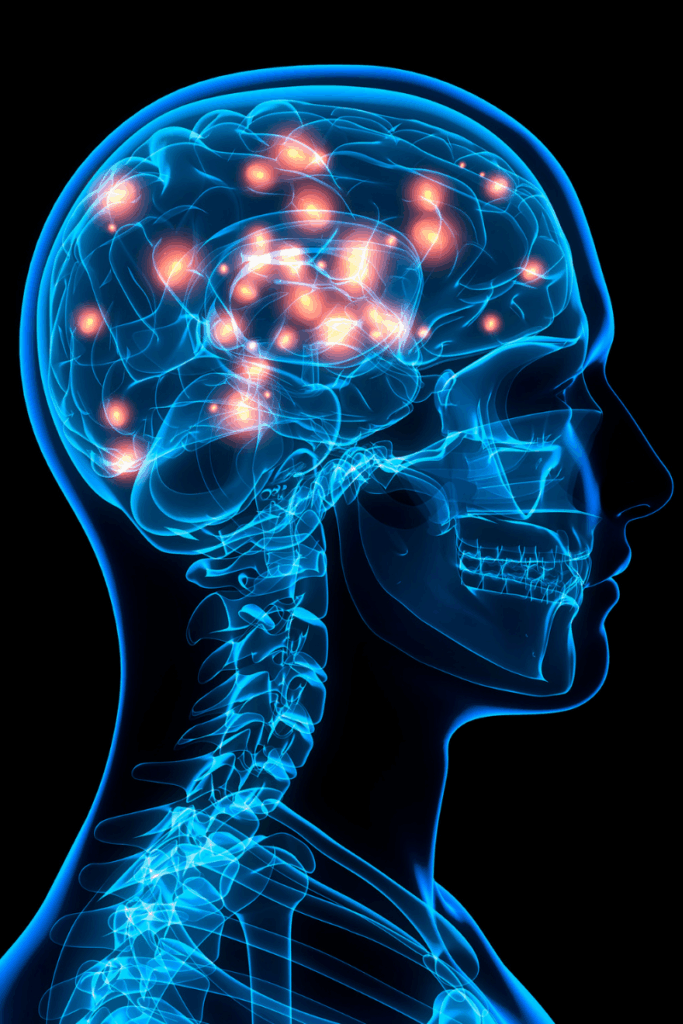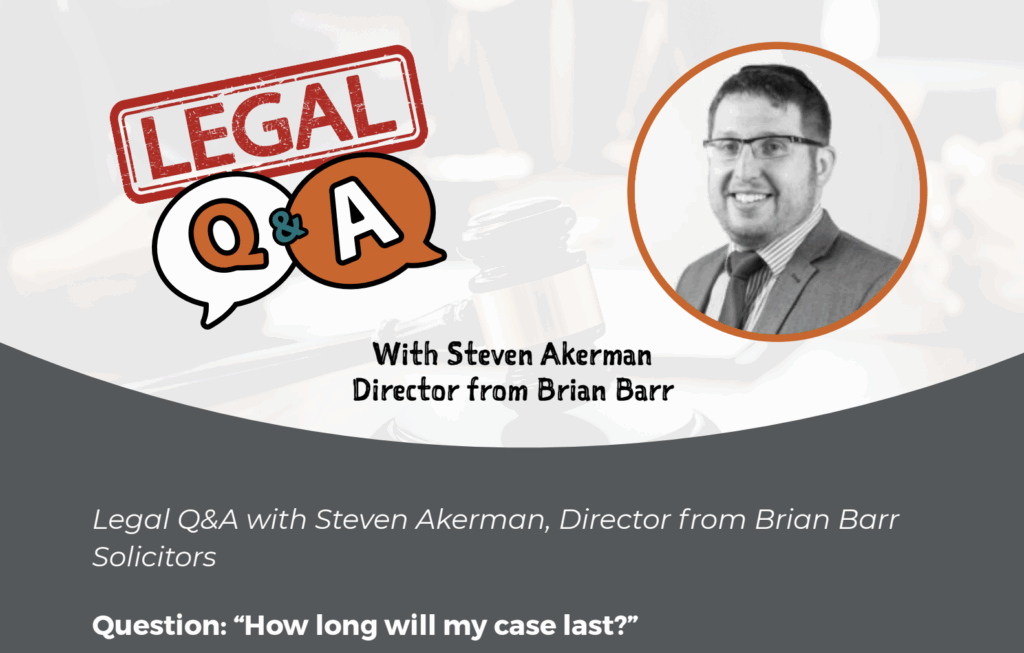Balanced diet and fibromyalgia
There is unfortunately no cure for fibromyalgia, but research has shown that eating a balanced diet, exercising regularly and leading a healthy lifestyle can have a positive impact on fibromyalgia symptoms.
Getting the right mix of nutrients is particularly important to people with fibromyalgia. Diets that are rich in antioxidants and provide adequate amounts of nutrients such as vitamin B12 can help lead to reduced symptoms.
A balanced diet is a good idea for everyone, regardless of any illness or chronic pain condition and should include:
- fresh fruits and vegetables
- whole grains
- healthy fats
- low fat dairy
- lean protein, such as chicken or fish
Fibromyalgia symptoms
Fibromyalgia is a pain syndrome of chronic widespread musculoskeletal pain and fatigue. Symptoms include:
- Fatigue – People with fibromyalgia often awaken tired, even though they have slept for a long period of time. This is because sleep is often disrupted by pain. Many people with fibromyalgia also have other symptoms that affect sleep, such as restless legs syndrome and sleep apnoea.
- Depression and anxiety
- Memory problems – people with fibromyalgia often have trouble concentrating and have what is termed “fibro fog”. This is described as feeling like you are in a haze and people with fibro fog often experience forgetfulness, decreased alertness, inability to concentrate and stay focused, and confusion.
Eating for energy
Fatigue can have a serious impact on quality of life, and therefore it is important to try and implement a nutritional plan to try and combat some of the fatigue by eating energy-boosting foods. Complex carbs, healthy fats, and protein take longer to digest, satisfy your hunger, and provide a slow, steady stream of energy. A diet rich in foods such as wholegrains, oats, pulses, nuts and seeds will help you stay healthy and have more energy.
Timing and quantities are important too. Rather than eating three large meals a day, small meals and regular healthy snacks can help given you more energy.
The following dietary examples can help increase energy levels:
- complex (not simple) carbohydrates – e.g. quinoa and brown rice
- nuts and seeds, like almonds or walnuts
- broccoli and other dark leafy greens
- beans – a great source of protein, especially if you’re vegetarian or vegan. They have plenty of fibre to help slow digestion and are rich in magnesium too.
- tofu
- oatmeal – a bowl of oatmeal or porridge in the morning will keep you going for hours
- avocado – high in good fats that increase energy levels
- bananas – excellent source of complex carbs, potassium, and vitamin B6, all of which can help boost your energy levels
Remember to also drink plenty of water for energy. When your body doesn’t have enough fluids, you get tired, so health experts commonly recommend drinking 2 litres of water a day.
Worst foods for fibromyalgia
Food plays a huge role in our behaviour and lifestyle and limiting certain foods can help. People with fibromyalgia sometimes find that their symptoms worsen when they eat certain foods, in particular:
- dairy (including chocolate!),
- additives such as MSG,
- caffeine,
- artificial sweeteners,
- foods containing gluten,
- sugary drinks, sweets, biscuits, and pastries
Food diary
If you are looking to your diet to help manage your fibromyalgia, in order to identify triggers you should keep a food diary for a couple of weeks and record how you feel after each meal and snack, noting specific foods and ingredients.
If you are suffering from fibromyalgia, CRPS, or any chronic pain condition as a result of an accident that was not your fault, and even if you have an existing claim, get in touch with our accident solicitors in Manchester to see if we can assist. It is simple and hassle free to move your claim to Brian Barr Solicitors who are experts in dealing with chronic pain litigation and gaining fibromyagia compensation. Call us today on 0161 737 9248 or visit our website (www.brianbarr.co.uk) to find out more.
We do not endorse any research, studies or sources mentioned within our blogs and comments. The blog is for information purposes only as we are not medical professionals. We do not endorse any medical advice provided and would strongly recommend anyone seeking medical advice to contact their local healthcare provider before any changes to treatment and / or management of your condition is undertaken.
















